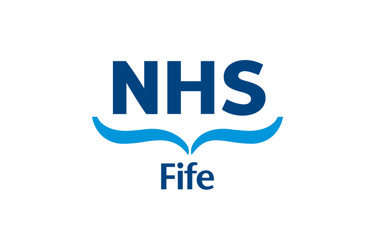
A new Cancer Research UK-funded scheme which aims to reduce cancer diagnosis waiting times has launched in Scotland.
The initiative, part of a new programme called Test, Evidence, Transition (TET), hopes to enable patients to access treatment more quickly - providing the best chance of tackling the disease successfully.
TET is a major Cancer Research UK programme which aims to accelerate innovations in the health system while reducing inequalities experienced by patients in cancer care.
One of the new TET pilot schemes will take place in Fife and sees advanced specialist nurses leading the diagnostic process for those with prostate cancer symptoms to allow consultants to focus on more complex cases.
Currently, the prostate diagnosis pathway is complex and often requires multiple appointments and waits for investigations and monitoring. Under the new system in Fife, the diagnostic process for some patients will be undertaken by advanced nurse practitioners who will be dedicated to prostate diagnosis. Once patients are referred to the specialist team, they will then be in the care of a dedicated nurse-led team and patient navigators who will assess patients, arrange scans, book biopsies and refer patients quickly to a cancer care team for treatment where necessary.
Jane Thomson, Advanced Clinical Nurse Specialist, Urology NHS Fife, said:
“In Fife, we identified an opportunity to reduce delays from referral to diagnosis for people referred urgently with suspected prostate cancer.
“The development of a new advanced clinical nurse specialist rapid access diagnostic clinic for people with an urgent suspected prostate cancer has the potential to allow quicker access to diagnostic appointments, diagnostic tests, as well as earlier treatment decisions and management.”
The project in Fife, alongside another in the NHS Forth Valley area, will be evaluated by researchers at the University of Stirling who will work with the NHS clinical teams to evaluate and develop the pathways over the next 18 months.
TET has received Cancer Research UK funding of £900,000 for pilots in the first yearwith each project working in conjunction with local NHS teams to find new ways to improve both patient experience and cancer outcomes.
Brian Knowles, Test Evidence Transition Programme Lead at Cancer Research UK, said:
“Test Evidence Transition is an exciting new approach which we hope will significantly improve the way people experience their cancer diagnosis.
“These services are among the first of many, which could establish new ways of working to improve cancer outcomes for everyone.”
For further information about Cancer Research UK's work or to find out how to support the charity, call 0300 123 1022 or visit www.cancerresearchuk.org. You can also follow Cancer Research UK on Twitter and Facebook.
